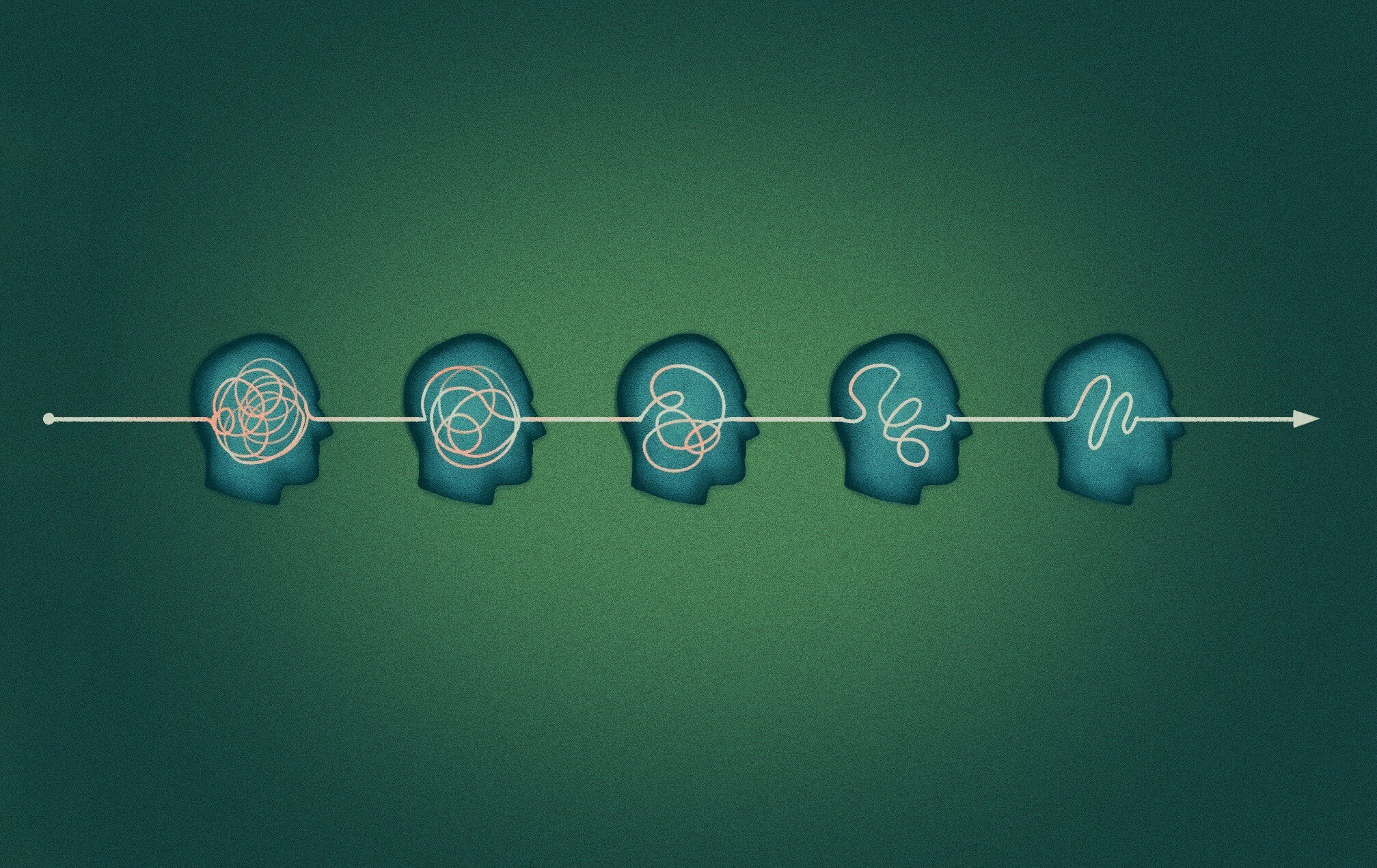Living with chronic pain can be rough and tiring. Chronic pain can feel like it takes over every part of life. Be it bone and joint pain, fibromyalgia, recurring headaches, or any other pain condition, it can be hard to find long-lasting, real relief. Over-the-counter medicines, prescription medications, and physical therapy are commonly the “go-to” treatments for pain management, but lifestyle changes can be an effective (often overlooked) option. Lifestyle changes, including diet and nutrition, can also have an effect on the level of relief we feel.
The link between diet and chronic pain is complex. The body’s functions – things like inflammation, nerve function, and overall health – are shaped by what we eat. How the body feels also plays a part in how we deal with pain. By knowing how certain foods and nutrients work in our bodies, people with chronic pain can learn to take control of their pain and find relief.
Inflammation - a chief offender in chronic pain
One of the key factors in chronic pain is inflammation. Inflammation is the body's natural response to injury or illness. But, when it becomes chronic, it can worsen pain and add to many health issues. Some foods can boost inflammation in the body, like:- Refined sugars
- Saturated fats
- Highly processed foods
- Red meats
- Alcohol
Certain foods can lower inflammation in the body, decreasing pain.
Foods high in antioxidants are useful in fighting inflammation. Antioxidants are powerful nutrients that can counter free radicals, harmful molecules that can exist in the body. If left alone, these free radicals may cause tissue damage and inflammation.
Omega-3 fatty acids are another major nutrient that can help reduce joint pain and stiffness because they fight inflammation.
Some of these types of foods, called anti-inflammatory foods, are:
- Fruits, like berries
- Vegetables, like leafy greens
- Whole grains
- Nuts
- Healthy fats, like omega-3 fatty acids found in salmon
Vitamins and minerals for pain relief
Aside from just fighting inflammation, some nutrients are vital for nerve health and function, which can help with pain.
Magnesium helps nerves function and muscles relax. Low magnesium levels can lead to or worsen muscle cramps and pain levels. Eating magnesium rich foods like leafy greens, nuts, seeds, and whole grains into a diet can aid overall pain relief and decrease pain symptoms.
Likewise, low vitamin D levels may be linked to increased pain. Sunlight is a great source of vitamin D, but you can also find it in fatty fish, fortified dairy, and supplements. Getting enough vitamin D through diet or vitamins can help lower pain levels. This is especially true in people with conditions like fibromyalgia.
A balanced diet for pain management
Besides nutrition, what we eat can have a big impact on pain management. Eating a balanced diet with more anti-inflammatory and nutrient-rich foods gives the body what it needs to stay strong and fight off pain. Eating highly processed foods, refined sugars, and saturated fats can lead to inflammation, weight gain, and worsen existing pain.
Keeping a healthy weight is a factor in managing chronic pain. This is may be especially true for those with conditions like osteoarthritis or chronic body pain. Excess body weight can strain the joints and tissues, making pain and mobility worse. Eating anti-inflammatory foods and doing more daily movement can help maintain a healthy weight. Things like what you eat, how you sleep, how you feel, and being active all play a role in pain management.
RealizedCare’s digital chronic pain management program, Fern, helps people who have chronic pain learn about how they can feel better. It teaches them strategies to help with their pain, including nutritional education, offers one-on-one coaching support, and shows them what they can do to meet their specific needs and concerns.
The link between diet and chronic pain is clear. By making nutritious choices, people with chronic pain can find natural pain relief. The diet should include nutrient rich foods that help overall well-being. These lifestyle changes, along with any provider-suggested medical treatment, can help those with chronic pain feel in control of their health, ready for lasting relief from chronic pain.
Interested in how RealizedCare can provide pain management support to suit your population's needs ? Get in touch.
Resources
Resources
“Can Diet Heal Chronic Pain?” Harvard Health, Harvard Medical School, 15 Feb. 2021, www.health.harvard.edu/pain/can-diet-heal-chronic-pain.
“Foods That Fight Inflammation.” Harvard Health, Harvard Medical School, 26 Mar. 2024, www.health.harvard.edu/staying-healthy/foods-that-fight-inflammation.
“Nutrition and Chronic Pain.” Fact Sheets: Nutrition and Chronic Pain, International Association for the Study of Pain (IASP), 11 July 2021, www.iasp-pain.org/resources/fact-sheets/nutrition-and-chronic-pain/.
Elma, Ömer, et al. “The Importance of Nutrition as a Lifestyle Factor in Chronic Pain Management: A Narrative Review.” Journal of Clinical Medicine, U.S. National Library of Medicine, 9 Oct. 2022, www.ncbi.nlm.nih.gov/pmc/articles/PMC9571356/.
“How Your Nutrition Impacts Pain.” Comprehensive Pain Institute, 22 Feb. 2023, cpi-pain.com/how-your-nutrition-impacts-pain/.
Smith, Tara, et al. “Vitamins and Minerals for Pain Management.” U.S. Pharmacist, U.S. Pharmacist, 15 Mar. 2022, www.uspharmacist.com/article/vitamins-and-minerals-for-pain-management.



